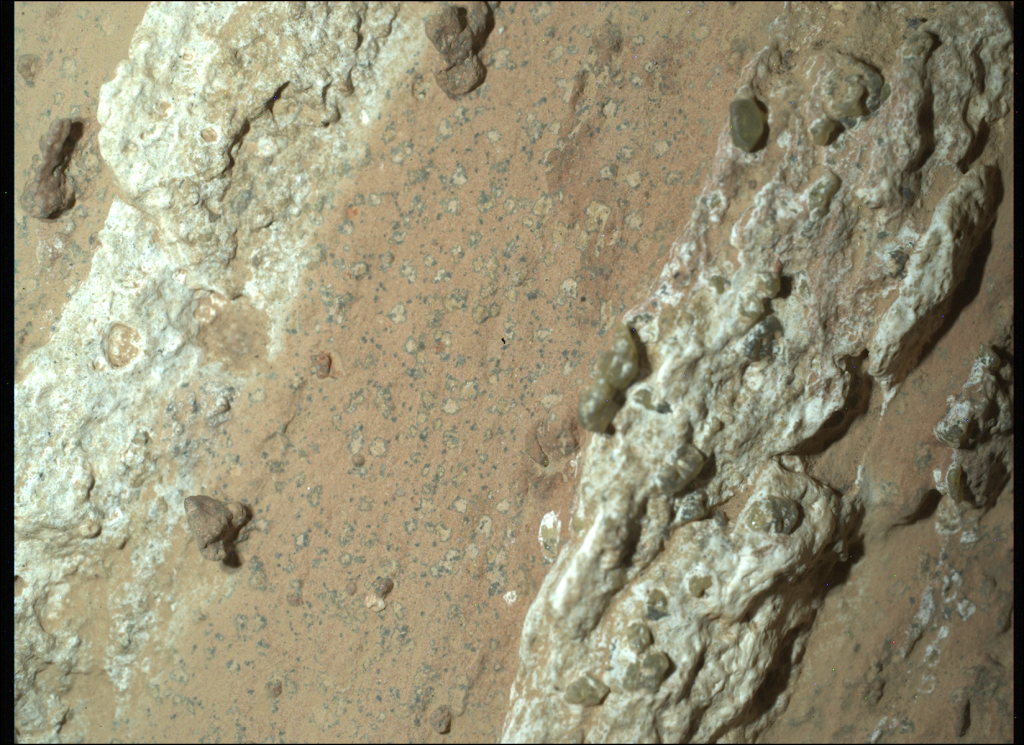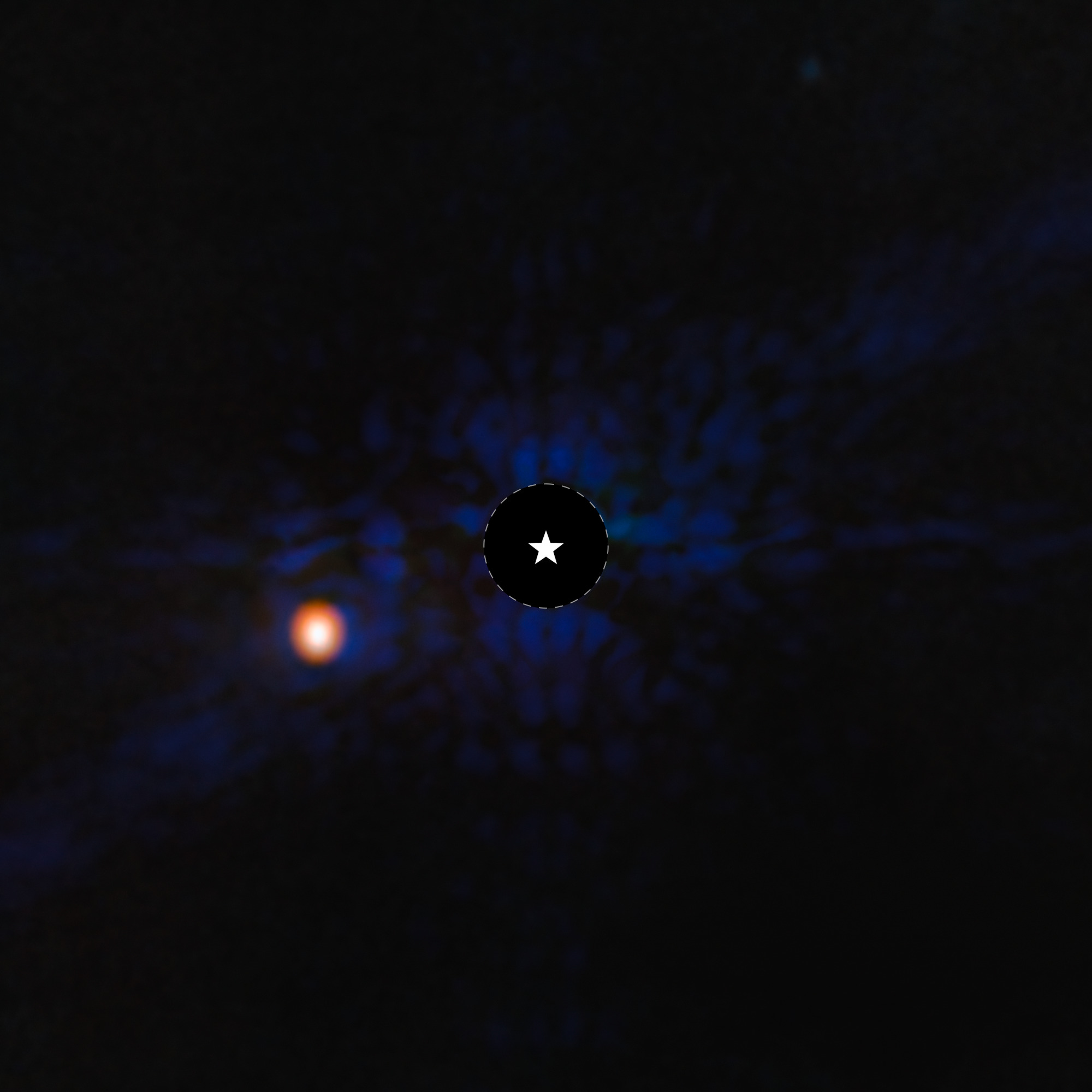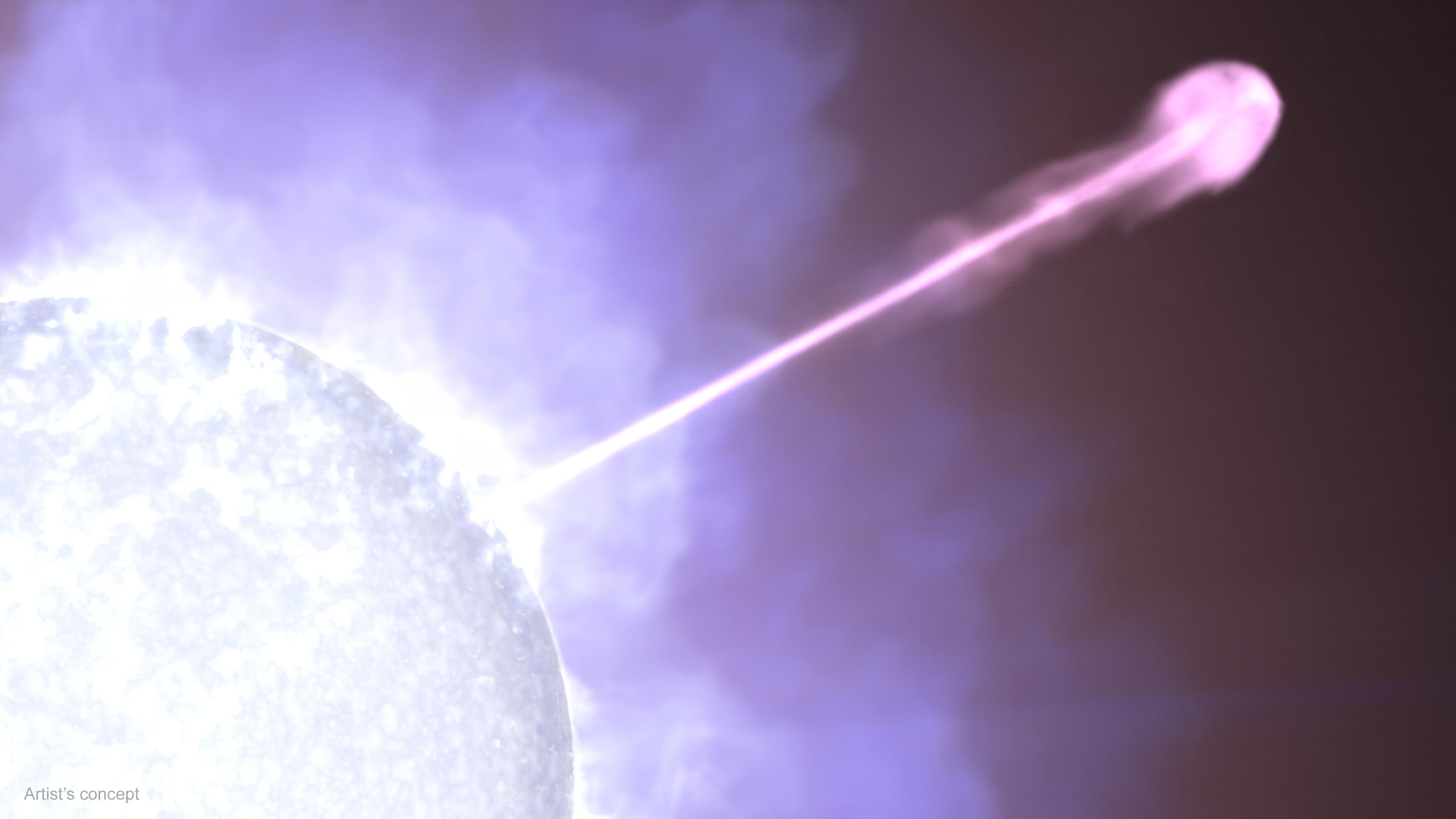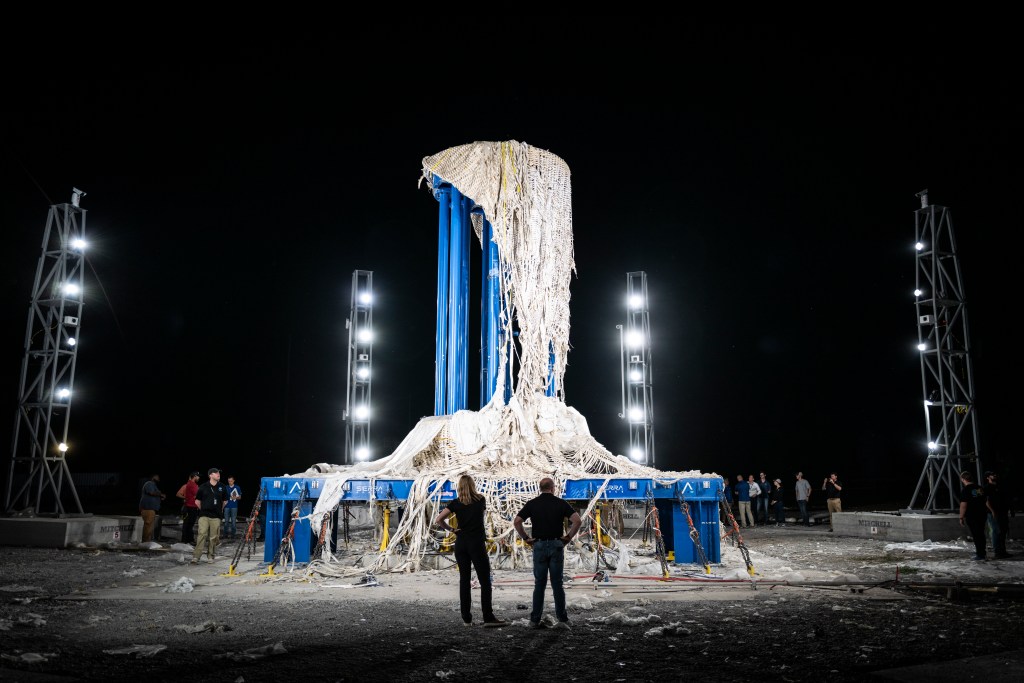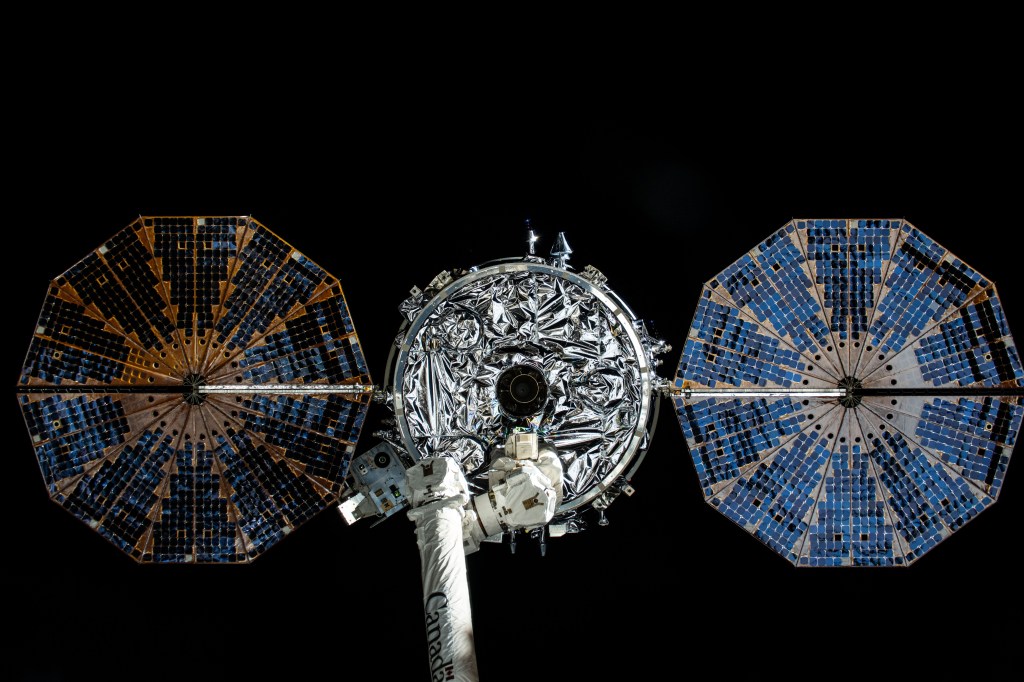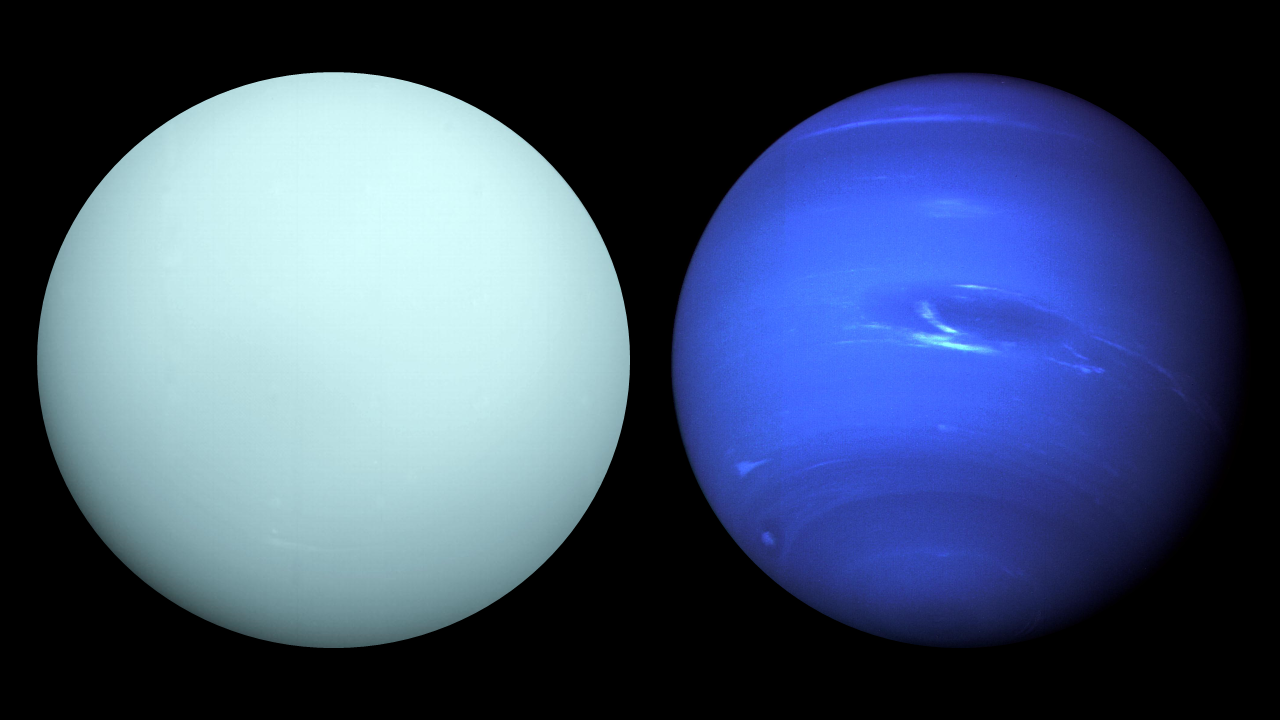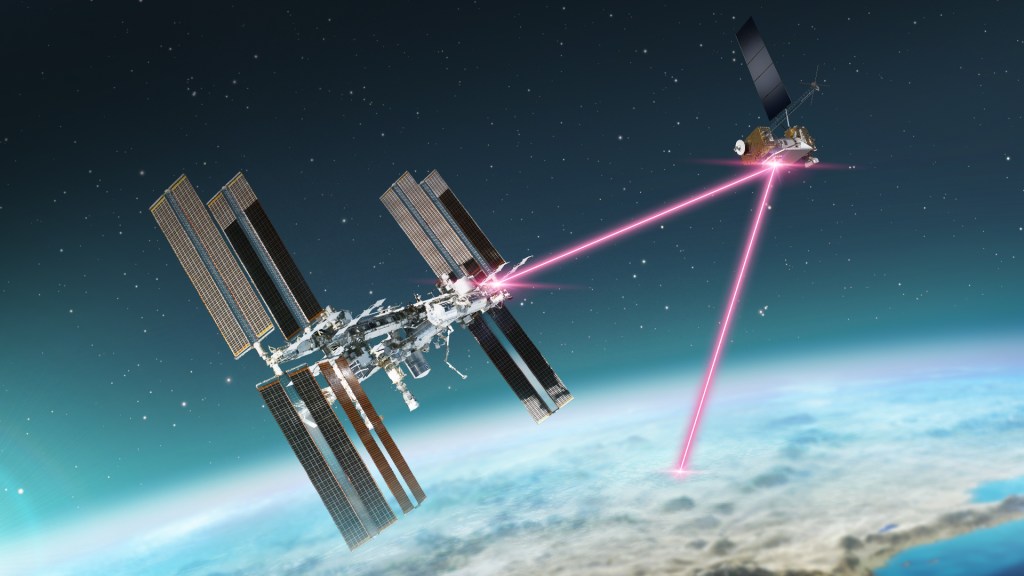Alexis Harroun
Purdue University
This proposal presents a graduate master’s research thesis on improving the efficiency of rotating detonation engines by using aerospike nozzle technologies. A rotating detonation engine (RDE) is a pressure-gain combustion system that utilizes circumferentially-travelling shock waves to detonate the propellants. RDEs are estimated to have specific impulses 10-15% greater than conventional rocket engines. A propulsion technology with a performance increase of this magnitude is directly applicable to launch vehicles, fulfilling the goal of TABS 1.2.4.
Typical RDE engine designs have an annular thrust chamber to facilitate the formation of rotating shock waves. The exhaust flow leaves the combustor through this annulus leading to the formation of a base pressure region behind the center-body of the RDE, which necessitates a nozzle surface within the base region to properly expand the flow and communicate pressure forces to the vehicle. The annular geometry of the RDE naturally lends itself to utilizing an axisymmetric aerospike nozzle to capture the potential kinetic energy lost in the base region. An aerospike would not only increase the efficiency of the engine, but also allow the engine to have improved performance over a range of pressure altitudes, an additional benefit for a launch vehicle application. This research project focuses on increasing the efficiency of RDEs by using an aerospike nozzle to further convert the improved energy release from the detonation combustion event into useful kinetic energy. This study would investigate the effect of an aerospike nozzle on the formation of detonation waves in the RDE. In addition, multiple experiments involving canting the aerospike with respect to the engine centerline will be conducted to determine the ability to thrust-vector the engine. This research is necessary to developing practical rotating detonation engines capable for launch vehicle applications.


